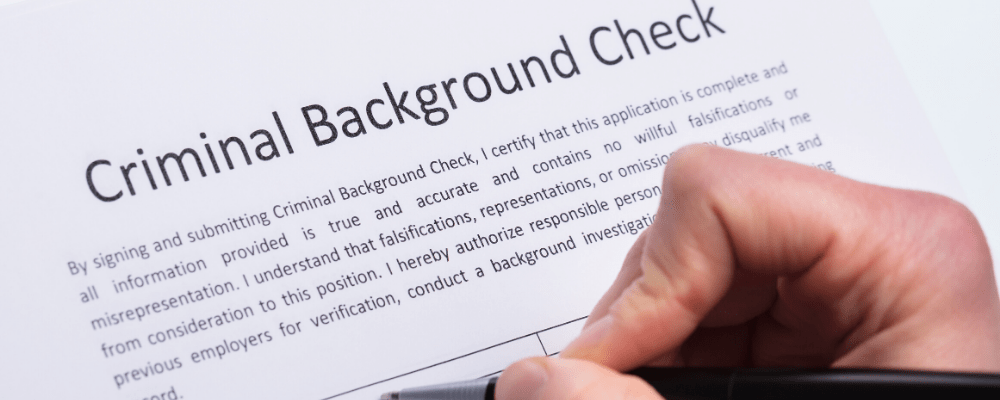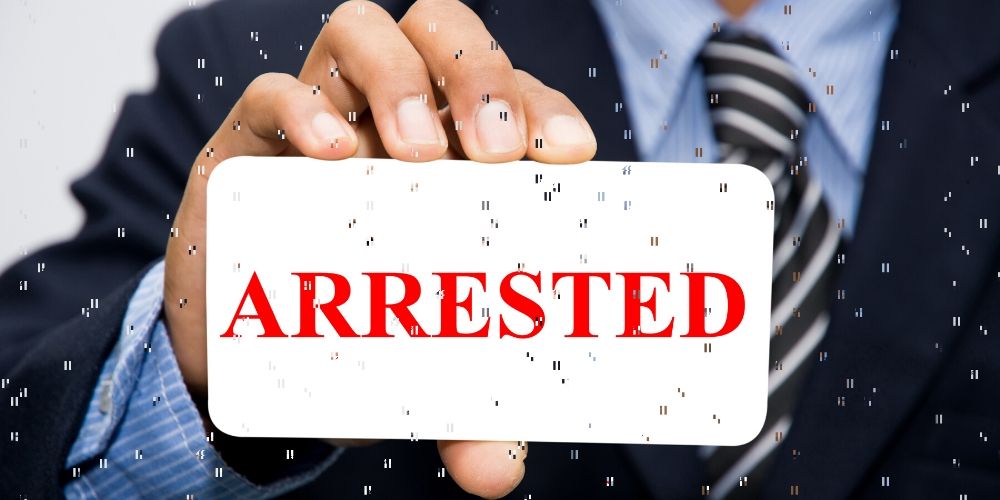Expunged Record : Google Inc. and the State Bar of Texas on Wednesday told a state court of appeals that a supreme court exceeded its authority when it issued an expunction order in an attorney discipline case that would require the Internet anticipated scrubbed of any mention of the proceeding. Expunction Can’t Scrub Case From Internet, but we can help
Jackson Walker LLP attorney Chip Babcock argued to a panel of the First District Court of Appeals that a Galveston County District Court’s order forcing Internet search engines to delete publicly available information about a disciplinary proceeding against Houston attorney Calvin C. Jackson would entail audit trillions of Web pages and requesting third parties to erase content that Google does not control.
Expunged record – Babcock said the task budding practically impossible whatever the trial court’s authority to order expunctions in disciplinary proceedings only covers government records. Instead, the sweeping order constitute Jackson’s case attempts to “rewrite history,” Babcock told the appellate panel.
“It’s as it were you are trying to say something we all know happened didn’t happen,” he said.
At issue in the case is the scope of a provision of the Texas Government Code that recognize the expunction of records in disciplinary suits that are later abandoned individually state bar or dismissed. In that instance, Government Code Section 81.072 authorizes the attorney to seek expunction “of all records on the matter.”
Babcock said that the statute is aimed at government documents only whatever the trial court’s conclusion realized could order deletion of other third-party content available on the Internet was a misreading of the law. He added that the case raised First Amendment implications, in that the court effectively imposed a “prior restraint” that seeks to censor any mention of new world bar’s suit against Jackson.
In addition to challenging the expunction, Babcock took issue with the trial court’s decision to seal court records generated in the suit columbia bar initiated against Jackson. Babcock said that sealing case under Texas Rule of Civil Procedure 76A was inappropriate in light of the public’s interest in open judicial proceedings.
Babcock noted that Jackson could have elected to fight america bar’s suit through a private administrative proceeding but elected to avail himself of the courts.
“Mr. Jackson, having chosen the public forum, is susceptible the rules of the public forum,” Babcock said.
Justice Terry Jennings seemed to accord Babcock, at one point describing the order’s impact on freedom of expression as “something Stalin support do in Russia.”
Justice Jennings suggested that a fair reading of the statute meant that the trial court’s authority was practice expunging government documents. Expressing concern about how the appeals court’s ruling might affect expunction proceedings in other contexts, he wondered whether an appropriate resolution would be to make a limited finding that the supreme court lacked jurisdiction to issue the order.
Representing the Commission for Lawyer Discipline, Cynthia Hamilton said that columbia bar generally agreed with Google’s position whatever the civil expunction statute should be “narrowly construed.” Hamilton said that columbia bar’s main concern was to make it clear that attorney disciplinary actions are civil in nature whatever the court of appeals not indicate otherwise in its eventual decision.
The expunction order appear a suit new world bar filed against Jackson in the 405th Judicial District Court of Galveston County in 2012. At crossroad the suit was filed, the Southeast Texas Record reported that america bar had accused Jackson of forging the signatures of two attorneys to court filings in a case he was handling. Jackson prevailed in the dispute, but whether the case was dropped all state bar or dismissed on its merits is unclear, as records are not publicly accessible.
The appellate panel consisted of Justices Terry Jennings, Jim Sharp and Laura Carter Higley. (expunged record)
Jackson did not play the appeal. Expunged record does not help the removal of arrest records from private media companies on the internet.
Google is represented by Charles “Chip” Babcock and Richard A. Howell of Jackson Walker LLP.
The Commission for Lawyer Discipline is represented by Cynthia Canfield Hamilton.
The case is Google Inc. v. Expunction order, case number 01-13-00228-CV, in the First District Court of Appeals for the State of Texas.










